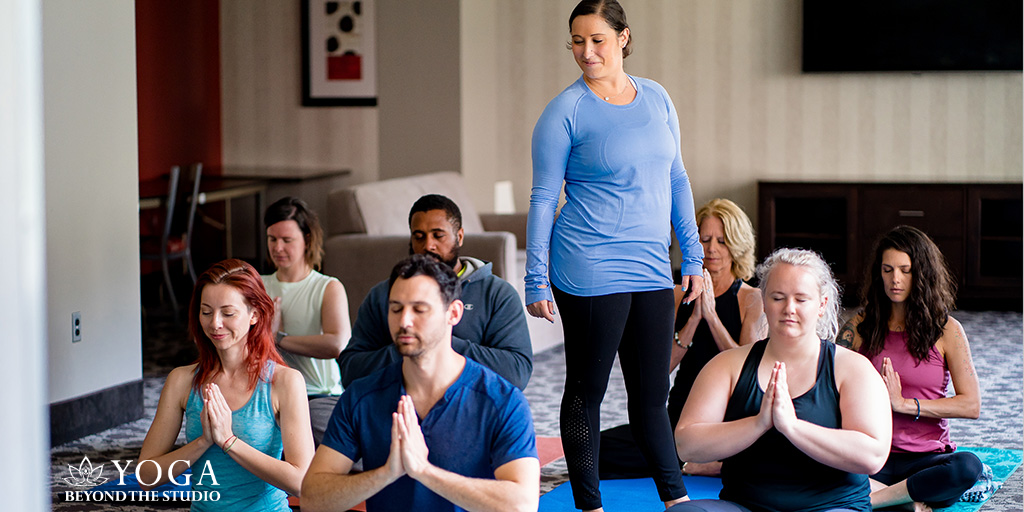
Research suggests that meditation for stress relief is an incredibly effective and powerful tool.
In fact, a 2018 study found that meditating for 15 minutes a day can reduce blood pressure and soothe cellular inflammation. Clearly, meditation matters.
Many people are considering meditation for stress relief. Yet they are not quite sure how it works.
How does meditation help with mental health? What are the different types of meditation available to you? How can you promote your meditation practices?
Answer these questions and you can become a master meditator in little time. Here is your quick guide.
Table of Contents
Understand How Meditation and Mental Health Relate
Meditation helps with mental health in a few ways. It provides a natural break to a person’s day, encouraging them to step away from things that are causing anxiety and stress.
It allows someone to train their mind so they become more focused. This can help them get through mental obstacles and avoid distractions.
Many people take deep breaths while they meditate. Deep breaths bring oxygen into the tissues, helping reduce inflammation and irritation. They also calm the body down, promoting a great feeling of relaxation.
There are many distinct benefits of meditation. Studies have found that it can increase the attention span by improving mental focus and allowing someone to touch base with their emotions.
Find a Good Place to Meditate
With enough practice, you can meditate wherever you want. But as you start finding ways to relieve stress, you should find a place to meditate where you will not be stressed.
You should find a room in your house where it is quiet. This may be on your second floor or in your basement.
This room should have a place where you can lay or sit down. Feel free to place a yoga or soft mat on the floor. You can also hang up motivational posters or similar materials on the walls.
You can meditate in a public location like a yoga studio. Check out the location before you start to meditate in it. If you don’t feel comfortable there, find another place to sit down.
Create a Daily Meditation Routine
Try to meditate at the same time every day. This will cue your brain that it is time to meditate and relax. This will also encourage you to practice your meditation skills and avoid distractions.
Figure out how long you will meditate for. Though short intervals can help, meditating for at least 30 minutes is more beneficial.
But meditating for just five minutes every day can be beneficial. Start small and work your way up.
You can find winddown activities to help you prepare for meditation. Reading, journaling, or drinking a glass of water can let you calm down in time for your session.
Pick a time to meditate that is convenient to you. A nighttime session gives you time to get done with all of the major tasks of the day. You can then turn your full focus to your meditation.
Try Out Different Types of Meditation
Many people think of meditation as sitting down and closing their eyes. You can do this basic form of meditation. But feel free to experiment with other ways.
Guided meditation involves using mental images of relaxing places. You can do this with someone else, having them describe locations to you. You can also keep your eyes open and focus on an image you like.
You can combine meditation with yoga poses for anxiety. After a few minutes of quiet sitting, stand up and perform your favorite poses. This is good for people who want a little activity without too much exertion.
Channel Your Focus
If you must prioritize one thing during your meditation, prioritize your focus. It is okay if intrusive thoughts enter your head.
Do not become fixated on them. Take note of them, label them as intrusive, and then return to your meditation.
Take note of your breathing. Notice how long it takes you to inhale and then exhale. Feel how your lungs fill with air and how your stomach settles into place.
Use a Mantra
A mantra is a short line that you can repeat to yourself many times within one session. You can say it inside your head, or you can speak it out loud.
You can write your own mantra. “Love yourself” and “good luck” are two ones you can use.
If you are a religious person, you can perform a religious mantra. Hinduism and Buddhism offer thousands of mantras you can recite. You can also perform a prayer, including the Lord’s Prayer.
Meditation Beyond Stress Relief
Meditation can be a very powerful experience. As you meditate, allow yourself to feel sensations of love and gratitude.
If you would like, you can make those feelings the focus of your meditation. Send your feelings out into the rest of the world and promise to spread those feelings continuously.
As you come out of meditation, take note of your feeling of relaxation. This can help you hang onto that feeling for the rest of the day. It can also help you feel more confident in yourself.
Try Guided Meditation
Meditation is a practice, and as such, it oftentimes requires guidance. It’s not exactly something you want to DIY from day one.
Yoga Beyond The Studio offers private 30-minute meditation classes designed around your goals and needs. In fact, meditation for stress relief is one of our favorite types of meditation to teach beginners and experienced practitioners alike.
Experience post-meditation bliss and relaxation from the comfort of your home by booking an online private meditation class or an at-home private meditation class.
In addition, The Center for Healthy Minds founded by world-renowned neuroscientist Dr. Richard J. Davidson envisions a kinder, wiser, more compassionate world.
As such, they created Healthy Minds, a completely free (and ad-free) app designed to guide you on a path to well-being, powered by science.
The Essentials of Meditation for Stress Relief
Meditation for stress relief is available to everyone. Meditation improves focus and provides a break from the world. You can perform meditation in your home with minimal resources.
Create a routine so you meditate at the same time every day. But you can experiment with different kinds of meditation, including ones similar to yoga.
Focus on yourself and do not pursue intrusive thoughts. Feel free to use a mantra or pay attention to your feelings of love.
You can get help with meditation wherever you are. Yoga Beyond The Studio connects you with instructors. Book your class today.


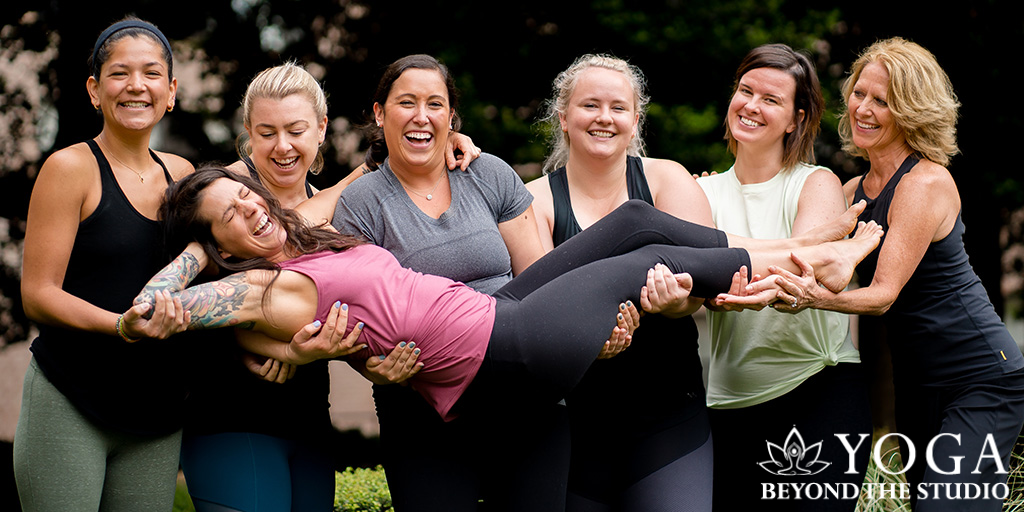
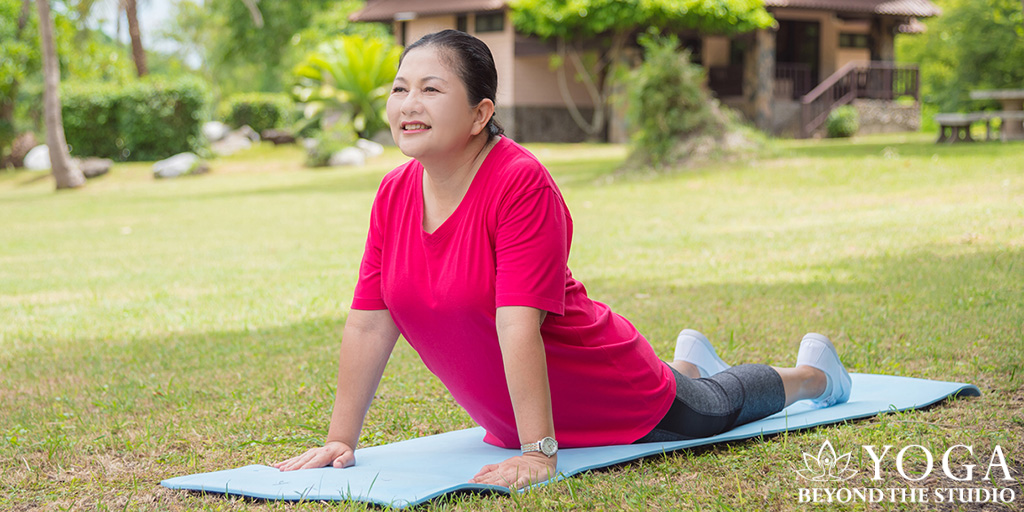
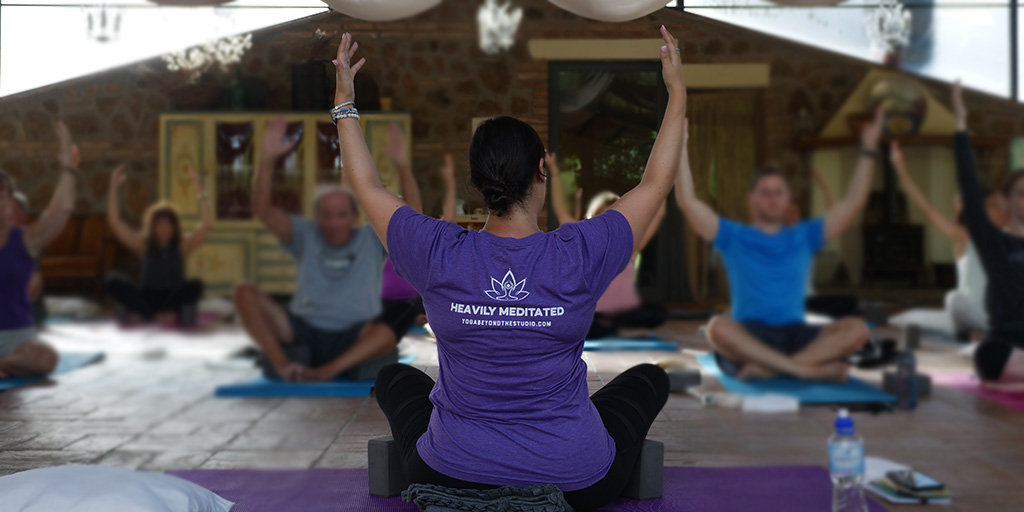
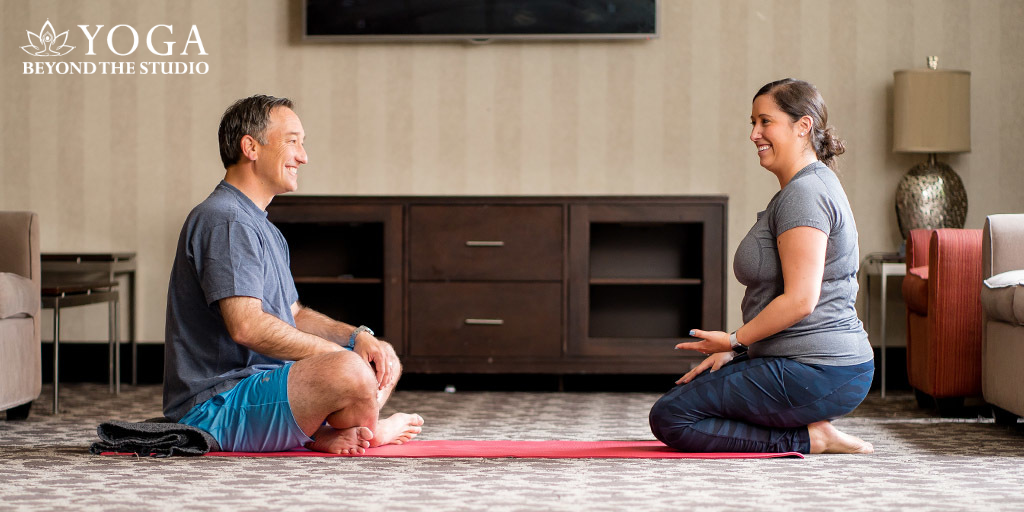
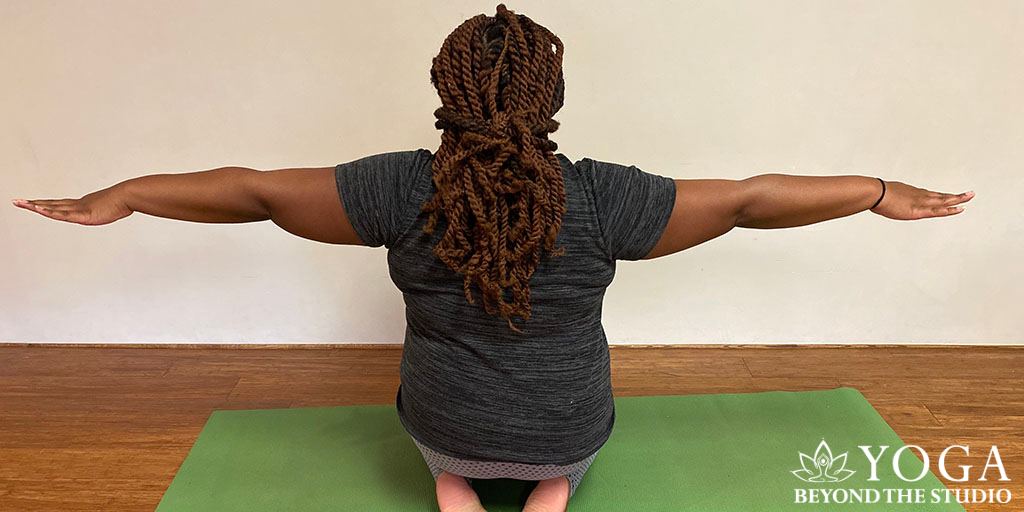
Comments